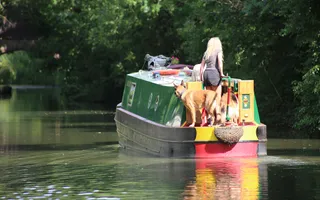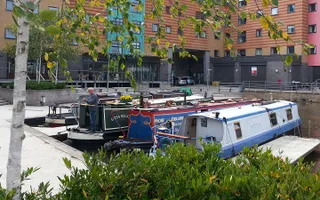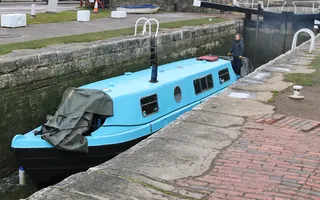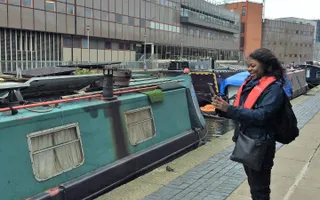Continuous cruising can be an incredibly rewarding lifestyle, and boaters moving around the system bring a sense of vibrancy to our canals and rivers, as well as more tangible things, such as improved towpath security and spotting maintenance issues.
But the lifestyle does have its challenges, and it's important that you get the full picture of what's involved. There is a surcharge for continuously cruising that is added to the standard licence fee and the requirement that you will be engaged in 'bona fide' or genuine cruising throughout the entire licence period. You may need to consider how to meet this whilst taking into account other demands, such as work or school. Our welfare team, [email protected], can offer support or guidance if your circumstances change and you do need to be in one location for an extended period of time, for example to attend hospital appointments.








